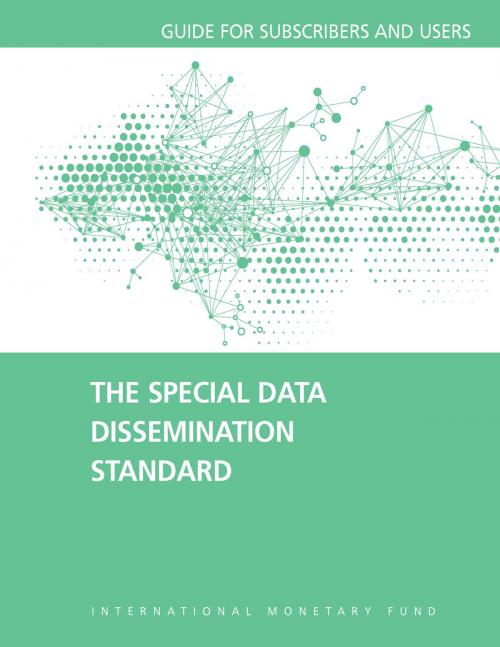The Special Data Dissemination Standard: Guide for Subscribers and Users
Business & Finance, Economics, Statistics, Public Finance, Finance & Investing, Finance| Author: | International Monetary Fund. Statistics Dept. | ISBN: | 9781616359812 |
| Publisher: | INTERNATIONAL MONETARY FUND | Publication: | January 7, 2014 |
| Imprint: | INTERNATIONAL MONETARY FUND | Language: | English |
| Author: | International Monetary Fund. Statistics Dept. |
| ISBN: | 9781616359812 |
| Publisher: | INTERNATIONAL MONETARY FUND |
| Publication: | January 7, 2014 |
| Imprint: | INTERNATIONAL MONETARY FUND |
| Language: | English |
The International Monetary Fund (IMF) launched the data standards initiatives to enhance member countries data transparency and to promote their development of sound statistical systems. The need for data standards was highlighted by the financial crises of the mid-1990s, in which information deficiencies were seen to play a role. Under the data standards initiatives, the IMF established the Special Data Dissemination Standard (SDDS) in 1996 to provide guidance to countries that have or seek access to capital markets to disseminate key data so that users in general, and financial market participants in particular, have adequate information to assess the economic situations of individual countries. The SDDS not only prescribes that subscribers disseminate certain data categories, but also prescribes that subscribers disseminate the relevant metadata to promote public knowledge and understanding of their compilation practices with respect to the required data categories. In 1997, the IMF introduced under the initiatives the General Data Dissemination System (GDDS) to provide a framework for countries that aim to develop their statistical systems, within which they can work toward disseminating comprehensive and reliable data and, eventually, meet SDDS requirements. At the Eighth Review of the Funds Data Standards Initiatives in February 2012, the IMFs Executive Board approved the SDDS Plus as an upper tier of the Funds data standards initiatives. The SDDS Plus is open to all SDDS subscribers and is aimed at economies with systemically important financial sectors.
The International Monetary Fund (IMF) launched the data standards initiatives to enhance member countries data transparency and to promote their development of sound statistical systems. The need for data standards was highlighted by the financial crises of the mid-1990s, in which information deficiencies were seen to play a role. Under the data standards initiatives, the IMF established the Special Data Dissemination Standard (SDDS) in 1996 to provide guidance to countries that have or seek access to capital markets to disseminate key data so that users in general, and financial market participants in particular, have adequate information to assess the economic situations of individual countries. The SDDS not only prescribes that subscribers disseminate certain data categories, but also prescribes that subscribers disseminate the relevant metadata to promote public knowledge and understanding of their compilation practices with respect to the required data categories. In 1997, the IMF introduced under the initiatives the General Data Dissemination System (GDDS) to provide a framework for countries that aim to develop their statistical systems, within which they can work toward disseminating comprehensive and reliable data and, eventually, meet SDDS requirements. At the Eighth Review of the Funds Data Standards Initiatives in February 2012, the IMFs Executive Board approved the SDDS Plus as an upper tier of the Funds data standards initiatives. The SDDS Plus is open to all SDDS subscribers and is aimed at economies with systemically important financial sectors.















